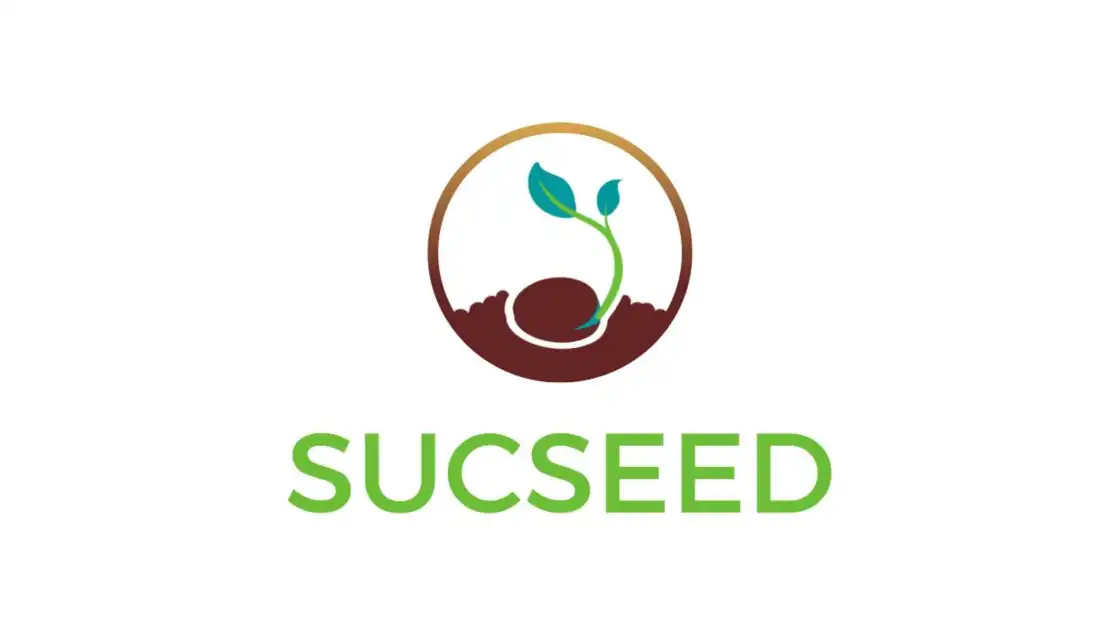SUCSEED: natural alternatives for seed protection

An ambitious project for seed protection
This talk, presented at SIVAL 2025 by VEGEPOLYS VALLEY, highlighted the SUCSEED project, which aims to develop natural alternatives for seed protection. Faced with environmental challenges and the reduction in the number of plant protection products available, innovation is at the heart of this project. Seeds, as the starting point for crops, need to be protected while complying with increasingly stringent regulations.
The SUCSEED project is based on several lines of research to identify new solutions adapted to pathogens affecting crops. Research is being carried out on wheat, rapeseed, tomato and bean, with specific focus on the pathogens Fusarium, Alternaria, Rhizoctonia, Clavibacter and Xanthomonas. The aim is to find alternatives to chemical treatments, giving priority to solutions derived from the seeds themselves, in order to limit yield losses.
The role of biosolutions in seed protection
The SUCSEED project focuses on biosolutions, in particular through the development of biocontrol and biostimulation solutions. Biocontrol biosolutions enable seeds to better resist pests and diseases, while biostimulants improve plant nutrition and resistance to environmental stresses.
Natural molecules, such as micropeptides and specialized metabolites, were identified for their potential to enhance seed defense. Researchers observed that by increasing the concentration of some of these molecules at the time of germination, seed protection could be optimized. In addition, laboratory tests have shown a direct effect of micropeptides on certain pathogenic fungi, reducing their development and limiting their impact on crops.
Future prospects and innovations in crop protection
In addition to pathogen control, further research is focusing on improving seed tolerance to water-stressed conditions. Another project explored in this intervention is based on the activation of drought tolerance mechanisms naturally present in seeds. By identifying the genes responsible and applying certain molecules, it would be possible to prolong this tolerance at the time of germination.
This approach could transform agricultural practices and offer alternatives to conventional seeds. The use of desiccation-tolerant germinated seeds would facilitate crop establishment and resilience to climatic variations. In the long term, this innovation could help reduce the impact of drought periods on yields, while limiting the use of inputs.
The SUCSEED project illustrates the importance of research and development in the transition to more sustainable, environmentally-friendly agriculture. By mobilizing experts and promoting collaboration between researchers and companies, this project offers promising prospects for the future of crop production.
Speakers
JEROME VERDIER - Researcher - UMR IRHS (INRAE/Institut Agro/Université Angers)
Thomas Defferier - CDM innovation - VEGEPOLYS VALLEY